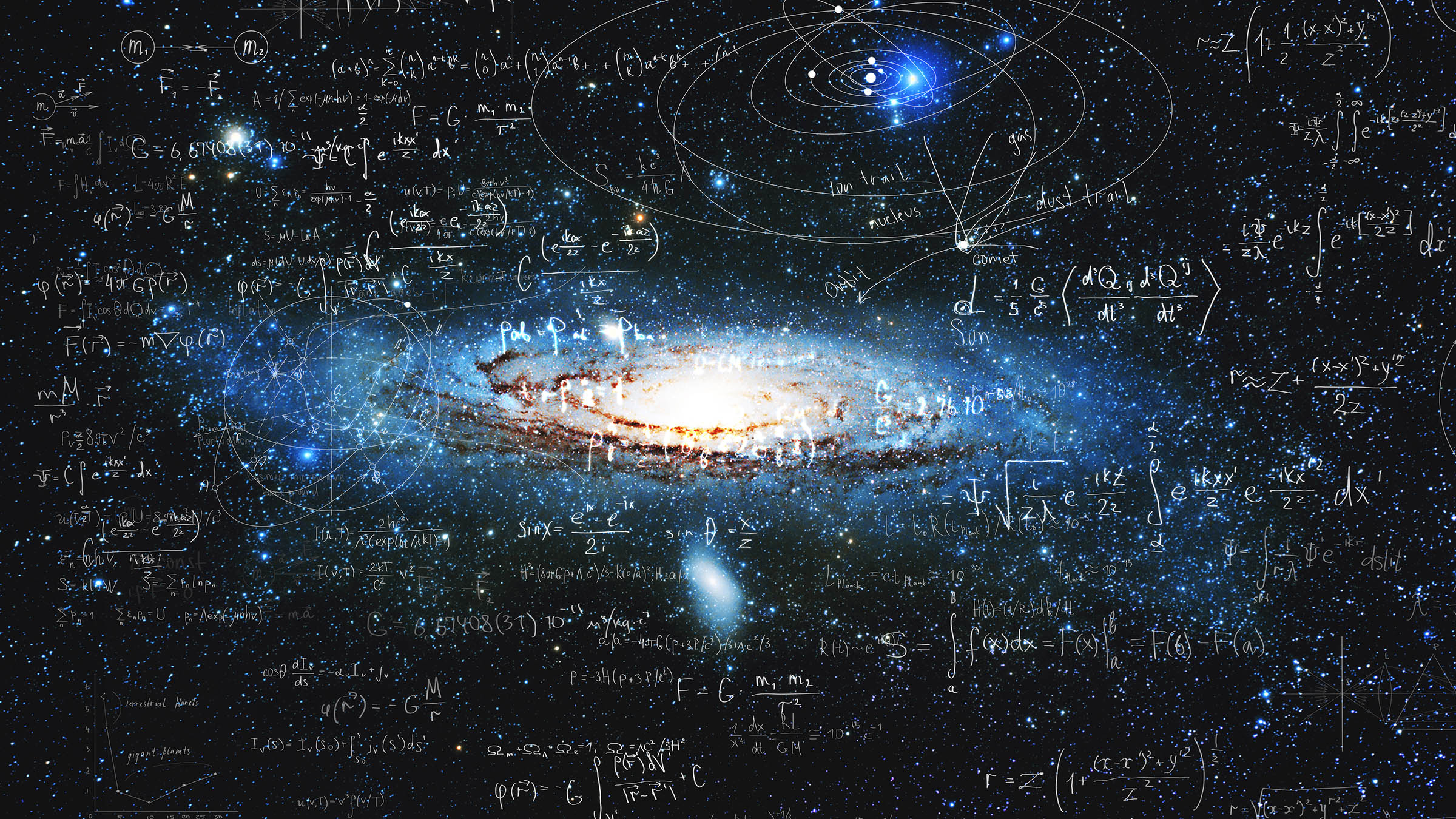A “dead” galaxy believed to have existed 700 million years after the Big Bang is stirring up a lot of concerns in the astronomy community right now. According to observations made with the James Webb space telescope, the galaxy appears to have lived fast and died young.
Star formation within the galaxy appears to have happened very quickly and then stopped almost as quickly. It’s an unexpected phenomenon in the early universe, and it could completely unravel everything we thought we knew about the earliest days of our universe.
Perhaps one of the most intriguing things about this dead galaxy is that it is unclear whether or not the “quenched” state it is currently in is permanent or just temporary. It’s also unclear what caused it to stop forming new stars. A study deliberating on the findings has been published in Nature.
See, galaxies like this ancient and dead galaxy need a lot of gas to start forming stars. But that gas is consumed very quickly when stars begin to form, and if it isn’t replenished, it can stop the formation of new stars altogether, creating a dead state for the galaxy.
Much of our current models of the early universe are based on what we know about our modern universe. As such, scientists believe that supermassive black holes, or feedback from a star formation, could cause the gas to be pushed out of a galaxy, thus impeding star formation.
However, there aren’t any signs of either of these scenarios in the dead galaxy that James Webb recently observed. And we usually have only seen this happen in modern galaxies. As such, it could completely unravel our current models of the early universe and force us to rethink the early days of cosmic evolution.
If that turns out to be the case, it could completely wipe away everything we’ve learned about the early universe. It would force us to look at things quite differently. Whether that’s a boon or a headache, though, remains to be seen.

Dr. Sarah Adams is a scientist and science communicator who makes complex topics accessible to all. Her articles explore breakthroughs in various scientific disciplines, from space exploration to cutting-edge research.








